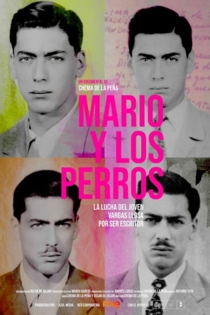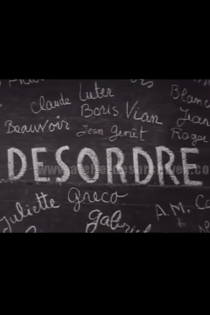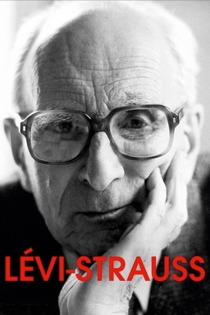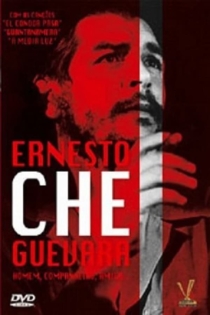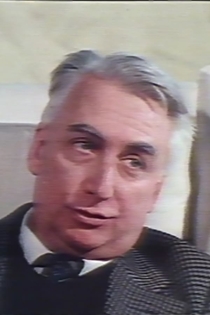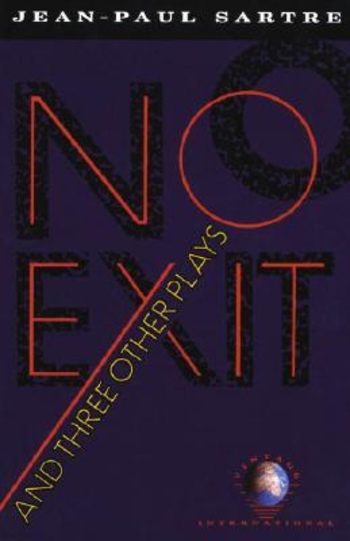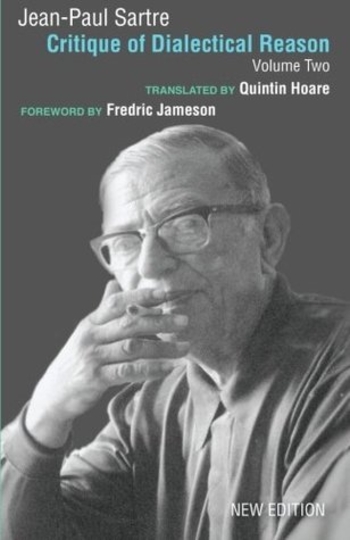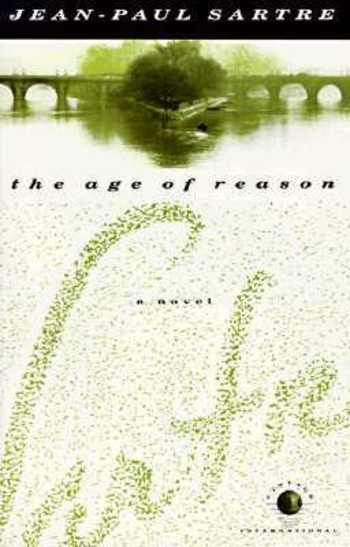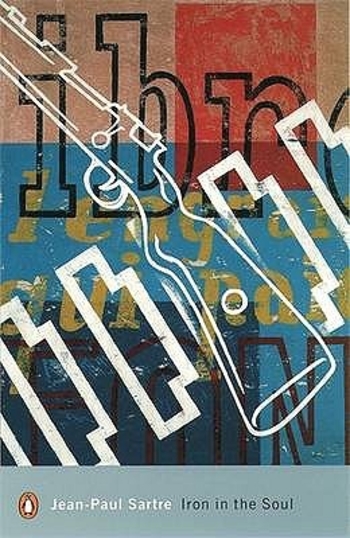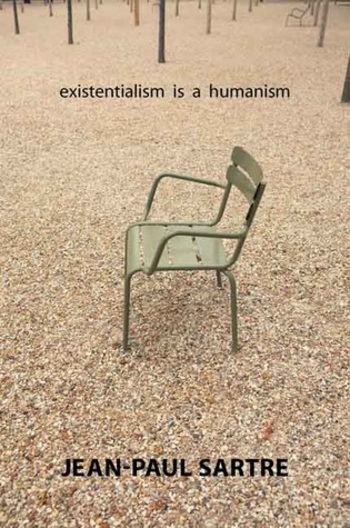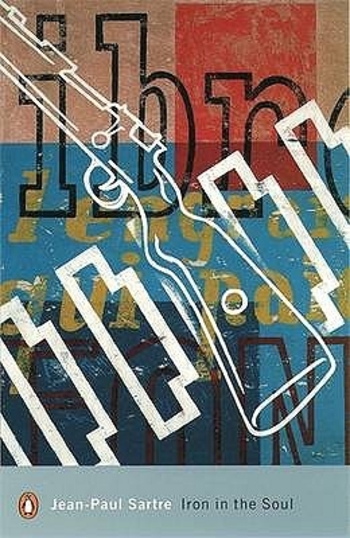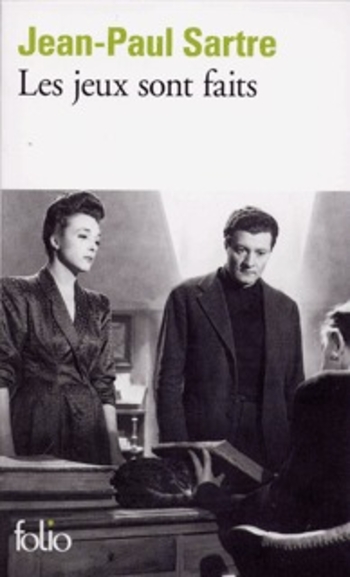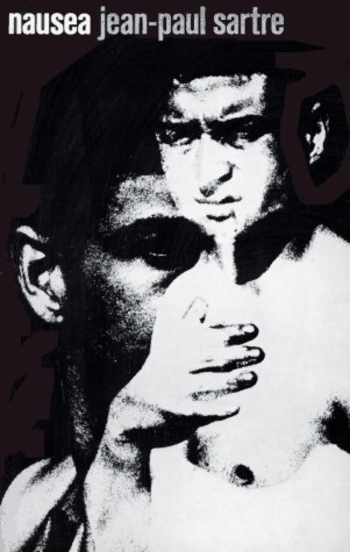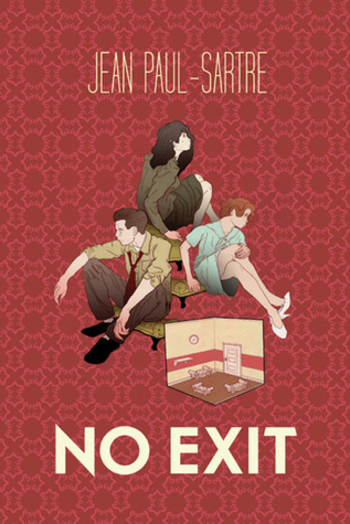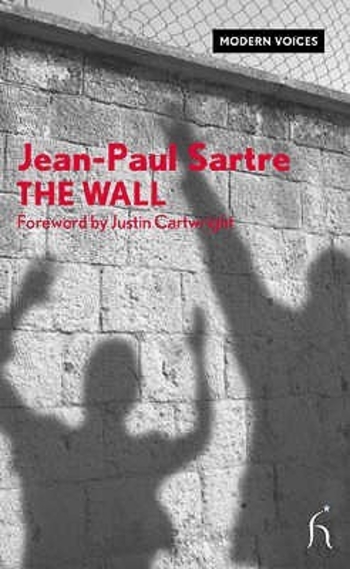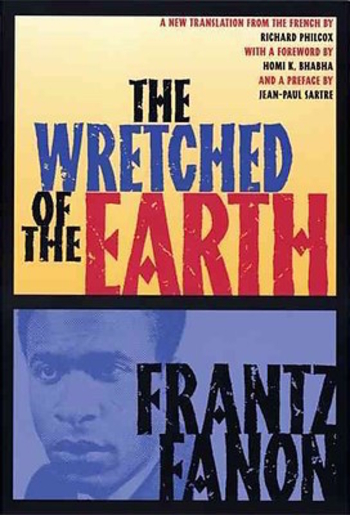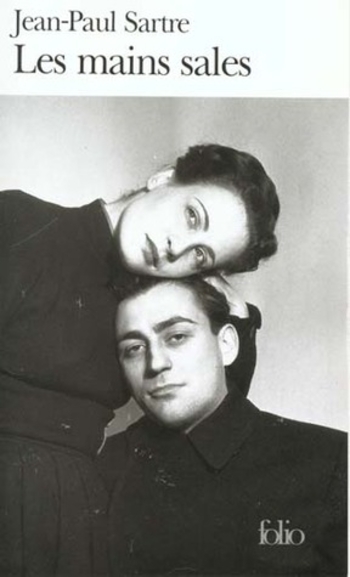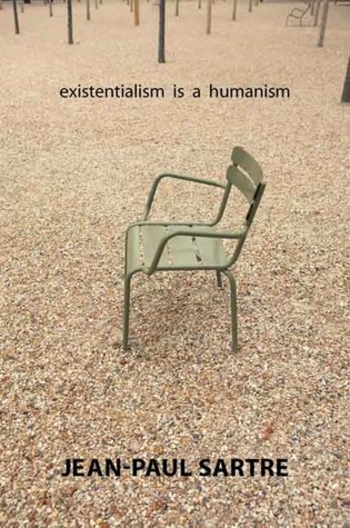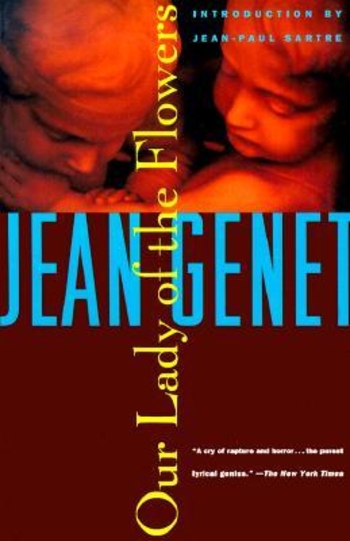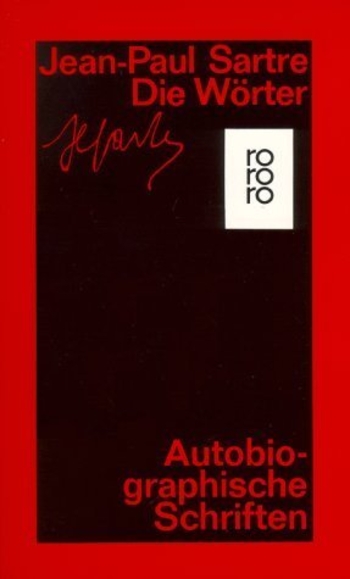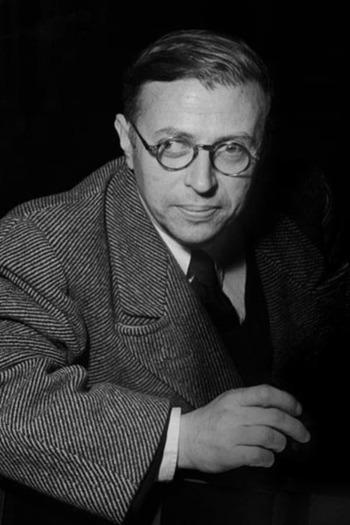
Jean-Paul Sartre
1905 - 1980From Wikipedia, the free encyclopedia
Sartre par lui-même
Alexandre Astruc
Jean-Paul Sartre, Simone de Beauvoir
Michel Contat is Emeritus Director of Research at the CNRS, ITEM/CNRS/ENS and a specialist of Jean-Paul Sartre whose novels and theater he has edited in the Pléiade edition and about whom he has written several books. With Alexander Astruc, he made the film Sartre par lui-même (1976) and, with Antoine Burnier, co-wrote the script of Claude Garretta’s TV film Sartre, L’Age des passions (2006). As a journalist, Contat contributed literary columns for Le Monde since 1978, and as an amateur musician, he was the jazz columnist for the magazine Télérama. His most recent books are Pour Sartre (2006) and André Gorz; vers la société libérée (2009).
Sartre by Himself

Avec André Gide
Marc Allégret
André Gide, Roland Alexandre
Nobel-prize-winning author, social justice crusader, anti-colonialist, adventure traveler, musician, and one-time Communist: André Gide was a larger-than-life character who dominated French letters from the turn of the 20th century to his death in 1951. Directed by Marc Allégret, with whom Gide traveled extensively in French Equatorial Africa, the With André Gide was made in the year leading up to the writer’s death.
With André Gide
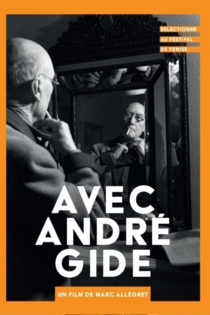
La vie commence demain
Nicole Védrès
Pablo Picasso, André Labarthe
Documentary filmmaker Védrès' first semi-fictional feature was released in France in 1949 as La Vie Commence Demain. The film made it to the U.S. in 1952 as Life Begins Tomorrow. Made in cooperation with UNESCO, the film speculates on the future of mankind after the advent of Atomic Energy. Many prominent French artists and intellects contribute to the narration: Jean-Pierre Aumont plays The Man of Today, Andre Labarthe is the Man of Tomorrow, and Jean-Paul Sartre, Daniel Agache, Jean Rostand, Le Corbusier, Pablo Picasso and Andre Gide are respectively seen as "The Existentialist," "The Psychiatrist,' "The Biologist," "The Architect," "The Artist" and "The Author". Film clips of hospitals, schoolrooms, scientific laboratories, and even nightclubs are woven into Védrès' fascinating tapestry.
Life Begins Tomorrow
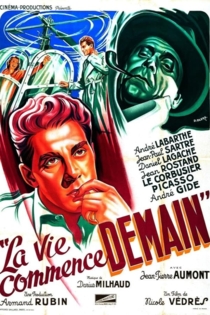
Andreas Baader - Das Leben eines Staatsfeindes
Klaus Stern
Andreas Baader, Gudrun Ensslin
How could the son of a graduate historian and a secretary, who liked to adorn himself with fast cars, fake eyelashes and expensive clothes, who wanted to become an artist, journalist or film director, become the "public enemy No. 1"?
Andreas Baader - Das Leben eines Staatsfeindes

The Future Is Now!
Jim Brown, Gary Burns
Paul Ahmarani, Liane Balaban
A journalist (Liane Balaban) meets “Man of Today” (Paul Ahmarani) who, while a responsible citizen, is disengaged from greater society. He believes once he’s dead nothing more matters. As an experiment to see if she can turn his pessimistic view around, the journalist sends him on a journey of enlightenment to prove that the future does matter. Travelling the globe, he finds himself in surprising encounters with great minds in the arts and sciences. Starting with an unexpected poetry reading and conversation with experimental poet Christian Bök, Man of Today engages with architect Shigeru Ban, activist Francis Dupuis-Déri, philosopher Alain de Botton, artist Marlene Dumas, novelist Rivka Galchen, leading scientists and a ghost. Will the journalist succeed in turning a cynic into an optimist? Will it matter? What can one person do?
The Future Is Now!

Ce siècle a cinquante ans
Werner Malbran, Denise Tual
Pierre Fresnay, Sarah Bernhardt
As the title of this French documentary indicates, Ce Siecle a 50 Ans examines the 20th Century at its halfway point. Utilizing the archives of several European film reserves, director Denise Tua offers a fascinating mosaic of the people and events that shaped the years 1900 to 1950. Complementing the vintage film clips are three dramatized sketches, delineating the romantic customs of three different points in time. These sketches are inadequately performed, and can easily be ignored. Ce Siecle a 50 Ans both preserved and provided celluloid material for scores of future documentaries.
The Century Is Fifty
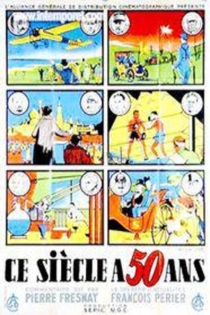
Hôtel La Louisiane
Michel La Veaux
Simone de Beauvoir, Miles Davis
Hôtel La Louisiane is, at its core, a film about freedom and dignity. Freedom for those who wish to live in a place where they are able to feel inspired. Dignity for the hotel owner to stand by his promise to his father and keep their mission alive: to provide an affordable sanctuary for artists and students in search of fulfilling employment, which they certainly won’t find at other hotels. Freedom, too, to be in an environment of tolerance and rid of prejudice. This film is not just a story about a mythical setting in Paris; it portrays the microcosm of a lifestyle in which collective values reign supreme. A film where what’s real and true is placed above national borders or cultural barriers.
Hôtel La Louisiane
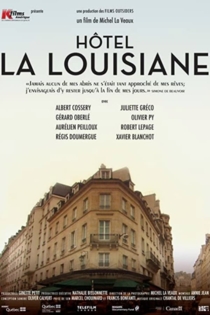
Mario y los perros
Chema de la Peña
Mario Vargas Llosa, Alfredo Barnechea
An account of the childhood and youth of the Peruvian writer Mario Vargas Llosa, Nobel Prize for Literature in 2010, and how the hard experiences he lived during these formative years led him to write and publish his first major work when he was only 26 years old.
Mario y los perros
